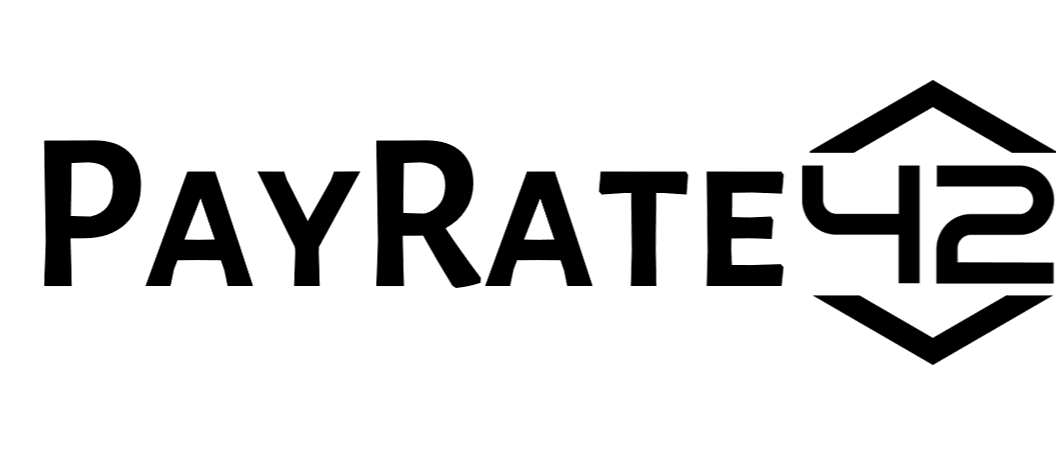Cryptocurrency exchange Kraken has introduced its own Wrapped Bitcoin token, kBTC, which is now available on both the Ethereum network and the OP Mainnet. The kBTC token is fully backed 1:1 by Bitcoin and securely stored in Kraken Financial’s US-regulated custody solution, with a publicly visible reserve wallet to ensure transparency.
Wrapped tokens like kBTC allow the use of assets such as Bitcoin on decentralized finance (DeFi) platforms for trading, lending, and borrowing. Kraken’s kBTC is set to join the growing trend of wrapped Bitcoin tokens, following Coinbase’s recent launch of Wrapped BTC (cbBTC).
While there will be no supported spot markets for kBTC at launch, users will be able to exchange the token for underlying Bitcoin. The minimum deposit for kBTC is 0.00026 BTC (approximately $15). With this launch, Kraken aims to drive DeFi adoption and is collaborating with major DeFi apps like Paraswap, Yearn, and Curve.
Mark Greenberg, Kraken’s global head of wealth growth and management, commented: “We believe in an onchain future, and DeFi is a crucial part of that opportunity. kBTC leverages Kraken’s long-standing expertise in seamless UX and top-tier security, bringing DeFi closer to new users and accelerating the adoption of decentralized applications.”
Meanwhile, Kraken is facing legal action from the SEC. Last month, a California judge ruled that the SEC’s lawsuit against Kraken, which claims the exchange violated federal securities laws by failing to register as a broker, clearinghouse, or exchange, will go to trial. Similar rulings have been made in SEC cases against other major crypto exchanges, including Binance and Coinbase.
The SEC filed its lawsuit against Kraken in November 2022 in the Northern District of California, seeking a permanent injunction to prevent further securities violations, as well as the disgorgement of allegedly “ill-gotten gains” and other civil penalties. The SEC identified 11 tokens—ADA, ALGO, ATOM, FIL, FLOW, ICP, MANA, MATIC, NEAR, OMG, and SOL—as unregistered securities.
Kraken argues that SEC registration was never required, as the company does not operate as an exchange, broker-dealer, or clearing agent under the definitions set forth in the Exchange Act.
